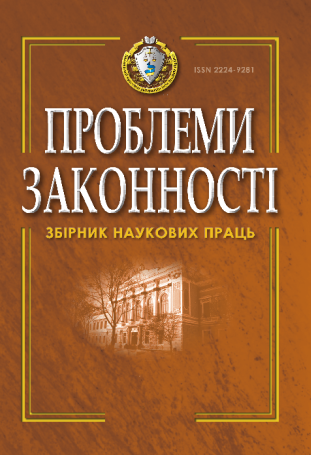Безпідставне збагачення у праві Давнього Риму
Unjust Enrichment in The Law Of Ancient Rome
Author(s): Bogdan KarnaukhSubject(s): Civil Law
Published by: Національний юридичний університет імені Ярослава Мудрого
Keywords: condictio; unjust enrichment; quasicontracts; obligation;
Summary/Abstract: The article addresses unjust enrichment in the law of Ancient Rome. The conclusion is made, that in the classic Roman law there was no general claim based on the fact of unjust enrichment. Instead there were a number of model situations in which the acquisition of assets was considered not to have any legal justification. In those specified model situations the obligation to return what was obtained arose. Those situations are: payment of a debt that in fact does not exist (condictio indebiti); handing something over for a future purpose that subsequently does not come to life (condictio causa data causa non secuta); handing something over for a future dishonorable purpose (condictio ob turpem causam); and handing something over for a future illegitimate purpose (condictio ob iniustam causam). Special attention is also paid to the obligation arising out of a theft which was construed in Ancient Rome much wider than nowadays. All of the above mentioned model situations are analyzed in detail. Regarding each one of them the following aspects are being studied: the preconditions for arising of the obligation; subject matter of the obligation; the scope of the duties and liability of the person which have been enriched.
Journal: Проблеми законності
- Issue Year: 2017
- Issue No: 138
- Page Range: 17-28
- Page Count: 12
- Language: Ukrainian

